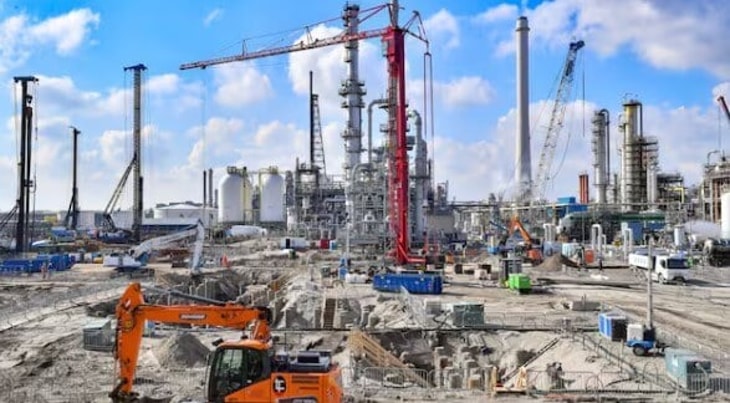Shell Nederland Raffinaderij is to ‘temporarily pause’ construction of its 820,000 tonnes-a-year biofuels facility at the Shell Energy and Chemicals Park Rotterdam.
Shell said it needs to ‘address project delivery and ensure future competitiveness given current market conditions,’ in a blow to the development of the nascent sector.
Contractor numbers will be cut on site and activity slow down, helping to control costs and optimise project sequencing, while Shell carries out an impairment review.
Huibert Vigeveno, Shell’s Downstream, Renewables and Energy Solutions Director, said, “Temporarily pausing on-site construction now will allow us to assess the most commercial way forward for the project.”
... to continue reading you must be subscribed







